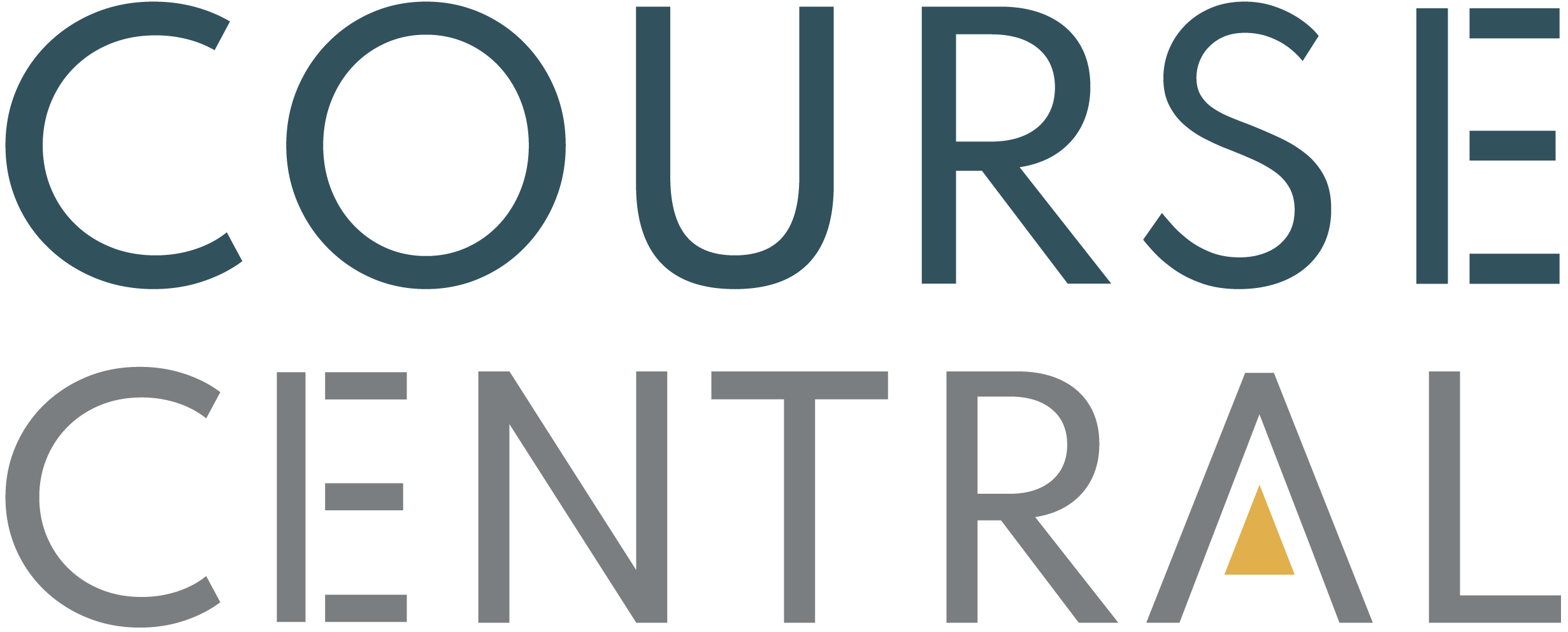Setup Menus in Admin Panel
Achieving Professional Excellence through Work-Life Balance and Positive Psychology
Professionals from various fields, including finance, accounting, education, marketing, health, and engineering, often pursue career success relentlessly. The demands of their professions can be overwhelming, leaving little room for personal well-being and work-life balance. However, it’s essential to recognise that achieving professional excellence doesn’t have to come at the cost of one’s mental and physical health. Positive psychology offers a valuable framework for professionals to balance their lives and enhance their overall well-being while excelling in their careers.
The Challenge of Achieving Work-Life Balance
- Long Working Hours
Many professionals work long hours, whether crunching numbers in finance and accounting, preparing lessons in education, developing marketing strategies, or handling critical medical cases.
- High Stress Levels
The pressures of meeting deadlines, managing budgets, dealing with clients, or handling emergencies can lead to chronic stress, negatively impacting mental and physical health.
- Neglecting Personal Life
Striking a balance between work and personal life becomes increasingly difficult when professionals prioritise their careers over personal relationships, hobbies, and self-care.
- Burnout Risk
The risk of burnout is high when professionals consistently push themselves to their limits, compromising their physical and mental well-being.
Positive Psychology and Professional Excellence
Positive psychology, a branch that focuses on well-being, happiness, and personal growth, provides valuable insights and strategies for professionals seeking to achieve excellence while maintaining work-life balance. Here’s how positive psychology can positively contribute to professional excellence in various fields:
Mindfulness and Stress Reduction
Professionals can benefit from mindfulness practices, such as meditation and deep breathing exercises, to manage stress and maintain a calm focus in high-pressure situations. Mindfulness techniques can enhance emotional intelligence, decision-making, and overall job performance.
Strength-Based Approaches
Positive psychology encourages individuals to identify and leverage their strengths, which can be particularly helpful in professions where problem-solving and creativity are valued. Recognising and utilising one’s unique talents can increase job satisfaction and effectiveness.
Gratitude and Resilience
Gratitude exercises can foster resilience in professionals, helping them bounce back from setbacks and challenges. Keeping a gratitude journal or acknowledging small wins at work can boost morale and motivation.
Work-Life Integration
Positive psychology emphasises integrating work and personal life rather than viewing them as separate entities. Professionals can establish clear boundaries, prioritise self-care, and allocate time for personal pursuits and family, improving overall well-being.
Social Connections
Building and maintaining strong social connections is a crucial aspect of positive psychology. Professionals can benefit from nurturing relationships with colleagues, mentors, and friends, as social support can enhance job satisfaction and mental health.
Purpose and Meaning
Understanding one’s purpose and how it aligns with one’s profession can contribute to a greater sense of fulfilment. Professionals who find meaning in their work are more likely to persevere through challenges and strive for excellence.
Continuous Learning
Positive psychology encourages a growth mindset, which fosters a love for learning and personal development. Professionals who embrace continuous learning and seek opportunities for skill enhancement are likelier to excel in their careers.
Real-Life Examples
Let’s explore how professionals in different fields can apply positive psychology principles to achieve both excellence and work-life balance:
Finance and Accounting
Financial professionals can use mindfulness techniques to stay focused during complex analyses. Recognising the importance of work-life integration, they might establish regular breaks to recharge and allocate time for family and leisure activities.
Education
Educators can benefit from gratitude practices, expressing thanks for student achievements and small teaching victories. Educators can maintain enthusiasm and resilience by finding meaning in their impact on young minds.
Marketing
Marketers can leverage their strengths by collaborating with diverse teams, recognising that different perspectives can lead to innovative solutions. By practising social connections, they can build relationships with clients and colleagues for mutual success.
Health
Healthcare professionals can use resilience-building techniques to cope with the emotional toll of their work. They can also prioritise self-care, ensuring that they maintain physical and mental health to provide the best care to patients.
Engineering
Engineers can embrace a growth mindset and stay curious about emerging technologies and problem-solving approaches. They can also set clear boundaries to prevent overwork and maintain a healthy work-life balance.
Positive Psychology principles and practices can be used in various professional contexts
Conclusion
Achieving professional excellence doesn’t have to come at the cost of well-being and work-life balance. By integrating principles of positive psychology into their careers, professionals in fields such as finance, accounting, education, marketing, health, and engineering can enhance their job satisfaction, effectiveness, and overall happiness. Balancing personal and professional life is not just a possibility—it’s essential to achieving long-term success and fulfilment in any profession.
Other related courses:
© 2024 Course Central | website design & Maintenance by: menulane
Setup Menus in Admin Panel






